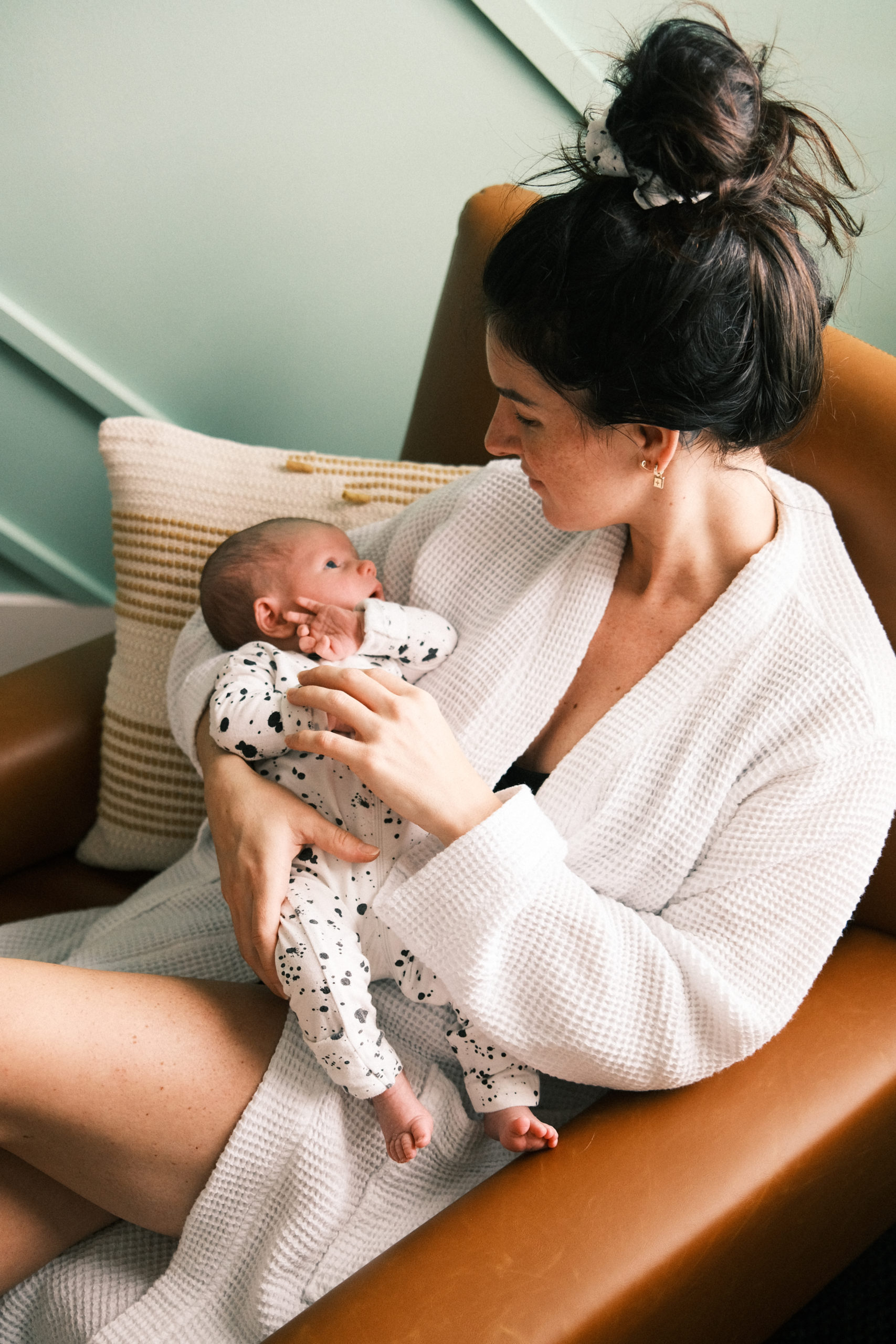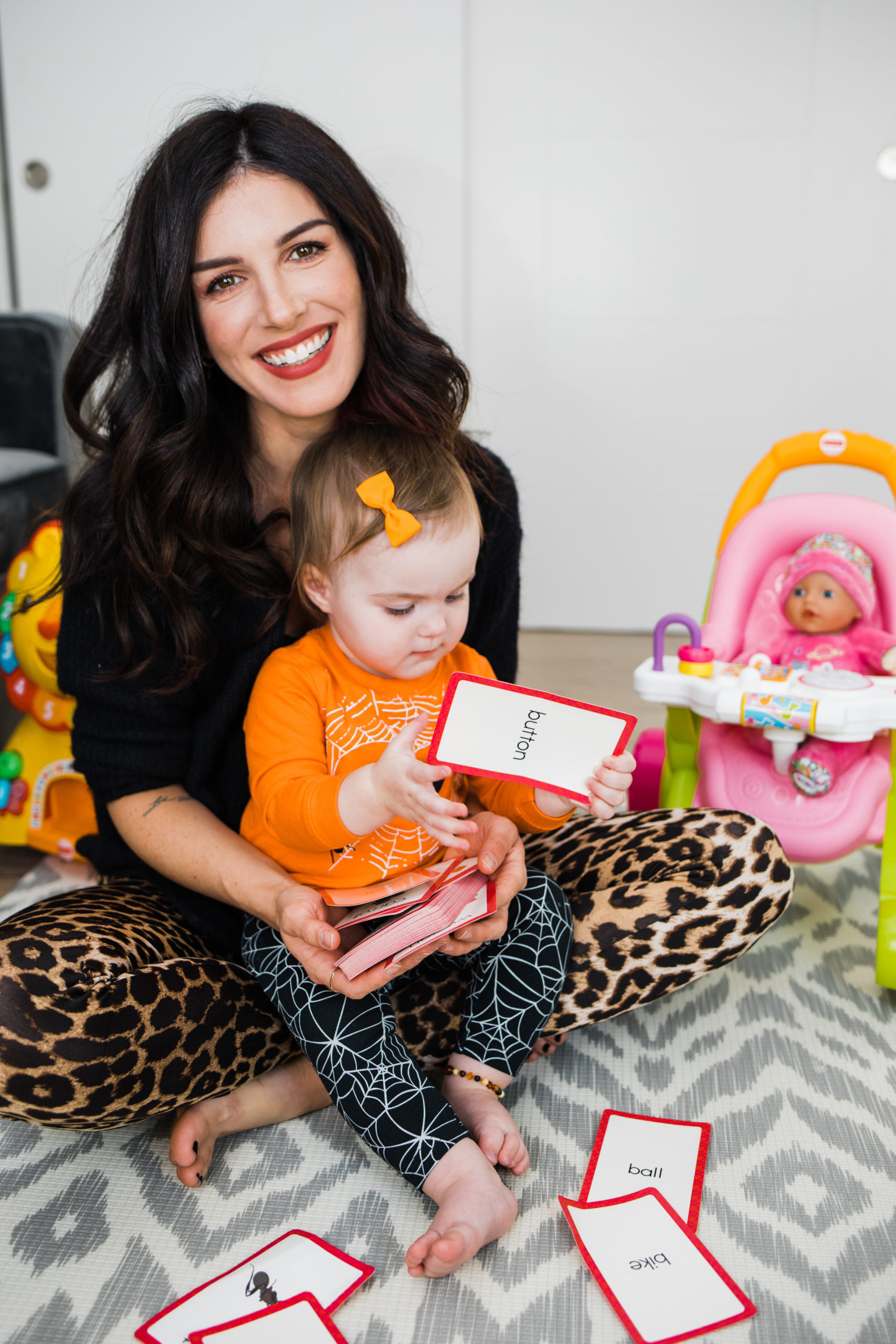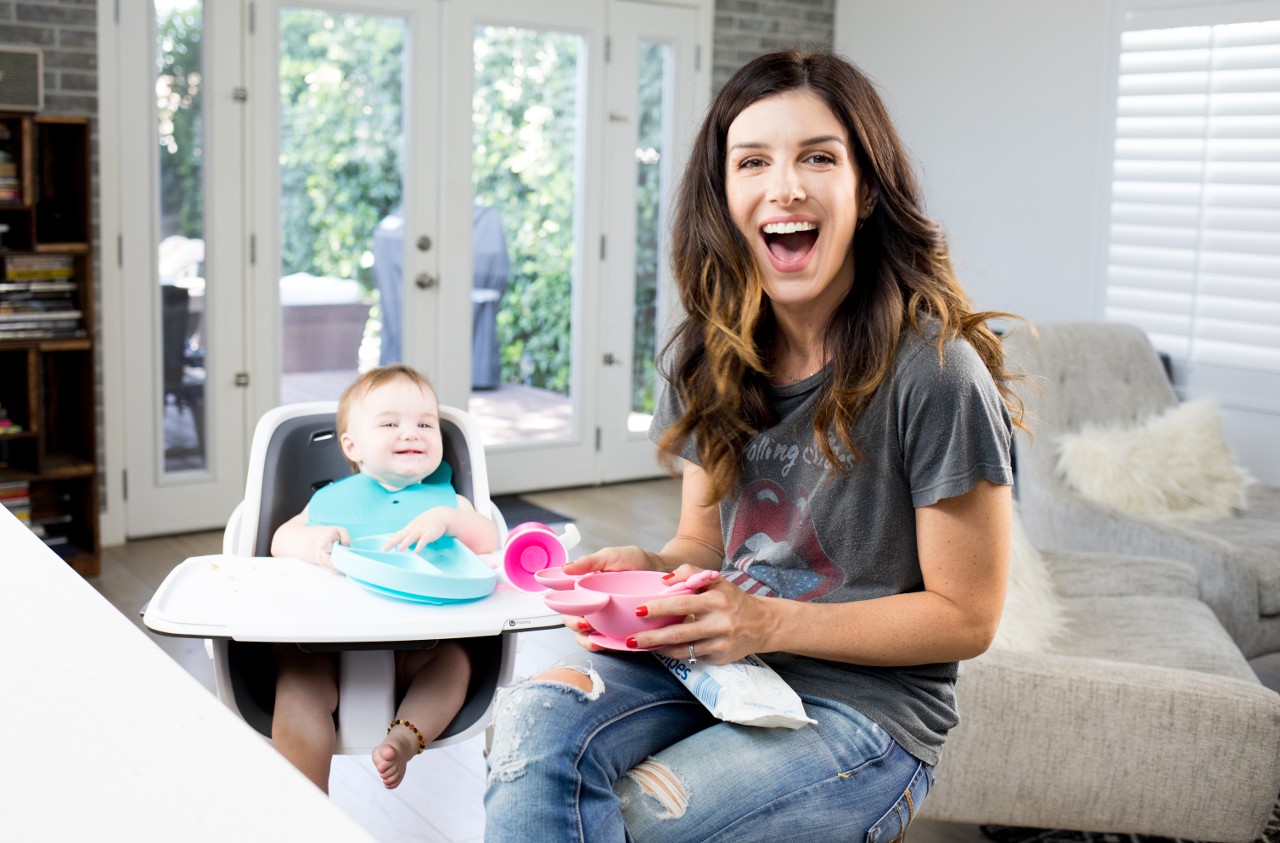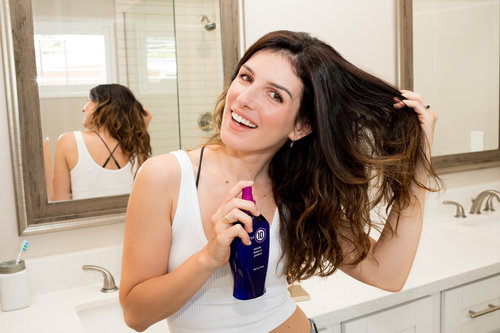Every soon-to-be parent imagines what it’ll be like to bring home their new baby for the very first time. Once baby arrives, those dreams become reality, leaving most parents feeling overwhelmed with love coupled with complete shock that they’re now fully in charge of a tiny human. While no one can really prepare you for becoming a mother or a father, most new parents are completely unprepared for how sleep deprived they’ll become in just a few short weeks.
While there are many easily accessible resources about pregnancy, labor, bottle feeding and breastfeeding, finding helpful information about newborn sleep isn’t easy. However, when that sleep deprivation fog hits and you’re desperate for answers, practical insights can really help put your mind at ease and let you know you’re on the right track.
Newborn Sleep Tips
So, if you’re the parent of a newborn baby or are about to become one, keep reading for everything you need to know.
Weeks 1 to 8 – Just Enjoy the Ride.
It can be challenging to not see any consistency in your newborn’s sleep, but at this stage you just need to go with the flow. At one to eight weeks old, your little one doesn’t have any sleep maturity. There can often be day and night confusion and finding a pattern in their sleep habits is very unlikely.
The best approach to take is to encourage your baby to get the sleep they need which is approximately 14 to 18 hours a day. Simply put, you can do whatever it takes, as long as your baby is in a safe sleep environment. Your baby’s biological sleep rhythms don’t exist yet so you don’t have to worry about creating bad habits.
Encourage Healthy Sleep Habits.
The first milestone relating to sleep comes around six to eight weeks of age. At this point, night sleep starts to become a bit more organized and you can expect longer stretches of around four to six hours.
Around eight weeks of age, your little one will likely give you their first deliberate smile. Not only is this a fantastic milestone for parents to enjoy, but it’s also a good way to determine that you’ve entered the next newborn stage. Now is the time to begin working on and encouraging healthy sleep habits.
Starting Consistent Crib Sleep.
While it’s still early to expect a consistent routine at eight weeks of age, there are a few things you can do to prepare them to become an all-star sleeper in the future.
At eight weeks, your baby likely doesn’t sleep as well as they did in louder environments, making it a great time to start placing them to sleep in their crib. Putting them to sleep in their crib consistently will also help them get used to their crib surroundings. Be sure to make their sleep environment as dark and as quiet as possible. Investing in a white noise machine to help drown out other noises can really help.
However, don’t be too hard on yourself if things aren’t going well. Every new parent has tough days where you just need a break, so feel free to use a swing or a car seat to get the job done, if needed. One day isn’t going to make or break future healthy sleeping habits.
Watching For Sleep Cues.
During the newborn phase, babies can only handle an hour or two of wake time during the day. Every baby is different, but at around 45 minutes to an hour, be sure to start watching for your baby’s drowsy cues.
These can include:
- Turning their head from side to side
- Ear pulling
- Zoning out
- A wide eyed stare
- Rubbing their eyes
After a few days of observation, you’ll soon be able to recognize your baby’s signs and know when they’re sleepy. Once you see their cues, take the opportunity and start teaching your child to self-soothe. This is a skill you’ll want to encourage as early as possible. Self-soothing skills often don’t mature until approximately 12 weeks of age, so if it’s not working right away, be patient and stick with it.
Remember – It’s Not a Sprint
It will take time for your child to develop healthy sleep habits, it’s not something that will happen quickly. During the newborn stage, there really aren’t any strict rules and your only goal should be to have baby as well rested as possible.
Newborn parents should respect their child’s sleep requirements and anticipate when they’ll need it. If you can recognize drowsy signs and work on a rough sleep routine, you’ll be well on your way to avoiding an overtired and unhappy baby. Let them practice putting themselves to sleep, but if you have to step in and offer support, that’s okay. Soothing methods to encourage sleep can include rocking, singing, feeding, or a combination of all three!
Remember, newborn sleep will be unorganized. There’ll be naps that vary in length and inconsistent night time sleep. Don’t get discouraged. Just keep figuring out those sleep cues and practice what works best for you and your baby. With consistency and patience, you’ll find your rhythm sooner than you think.
Alanna McGinn is Founder and Certified Sleep Consultant of Good Night Sleep Site, a global sleep consulting practice. She serves on the faculty of The Family Sleep Institute and is host of the ‘This Girl Loves Sleep’ Podcast and author of ‘This Baby Loves Sleep’. Follow Alanna and all her sleep tips on Instagram – @GNSleepSite.












13,237 Comments on 4 THINGS EVERY PARENT NEEDS TO KNOW ABOUT NEWBORN SLEEP